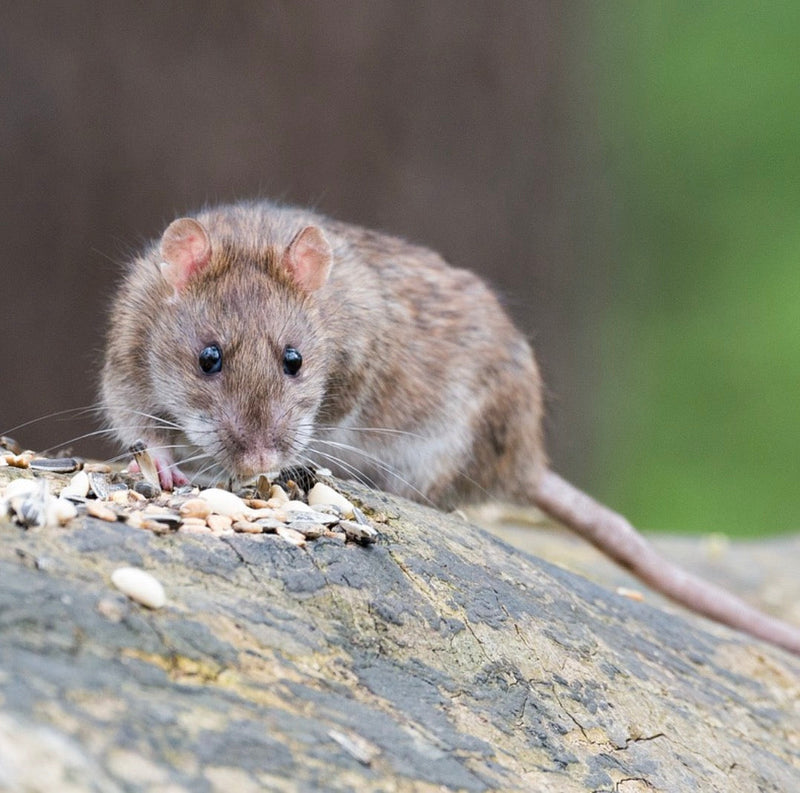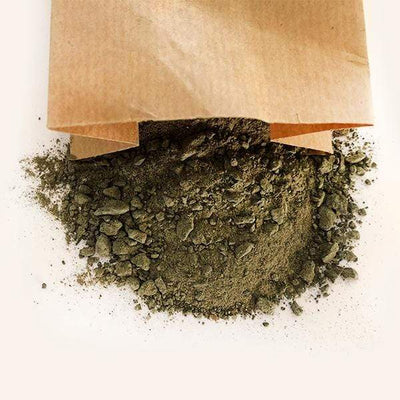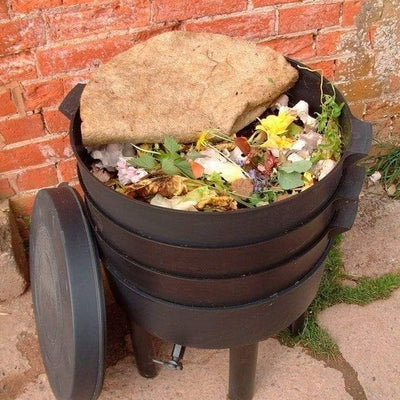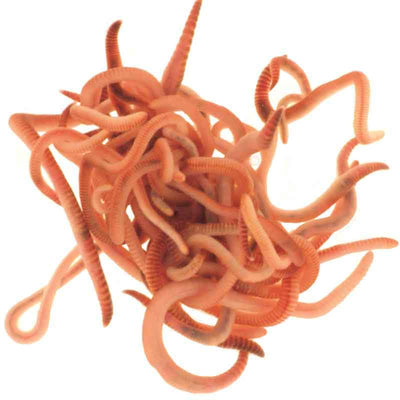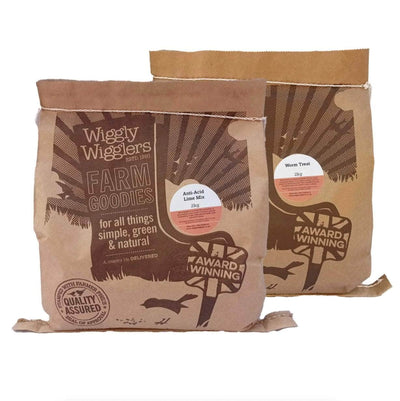Feeding garden birds is one of the best ways to support wildlife. It helps struggling bird populations, brings nature closer to home, and keeps your garden alive with activity. But if it’s not done carefully, it can also attract unwanted guests—rats.
And in 2025, rat numbers in the UK are at an all-time high—estimated at 150 million. Warmer winters, urban sprawl, and an abundance of food sources have led to a rodent boom. Rats aren’t just an annoyance; they carry diseases like leptospirosis (Weil’s disease), salmonella, and hantavirus. They gnaw through wiring, burrow into compost bins, and multiply at an alarming rate.
The truth is, we all need to take responsibility. If every bird feeder owner takes a few simple steps, we can help stop the rise of rats in our gardens and local areas.
How to Keep Rats Away from Your Bird Feeders

1. Choose the Right Spot for Your Feeders
Where you place your feeders makes a huge difference in whether or not you attract rats.
✔ Keep feeders away from fences, sheds, and walls – Rats are incredible climbers and will easily scale a fence to reach a hanging feeder.
✔ Use a metal pole feeder rather than hanging from trees – This makes it harder for rats to climb up.
✔ Make sure the ground below is clear – Avoid placing feeders over decking, log piles, or thick vegetation where rats could hide.
✔ Don’t feed directly on the ground – If you like feeding ground-feeding birds, use a tray that can be removed at night.
2. Choose Bird Food That Doesn’t Get Thrown Around
Some birds (especially Sparrows and Starlings) can be messy eaters, flinging food everywhere. This is great for rats, who will happily clean up the scraps.
At Wiggly Wigglers, we mix our No Grow, No Waste Birdseed to reduce this problem. It’s husk-free, meaning birds eat every bit—so there’s less waste for rodents to scavenge.
👉 Best bird food to avoid waste:
✔ No Grow, No Waste Mix – Husk-free, high-energy, and eaten completely.
✔ Sunflower Hearts – No shells, no mess.
✔ Suet Blocks and Fat Balls – No seeds to scatter, just pure energy.
3. Add a Feeder Tray to Catch Spilled Seeds
Adding a seed tray under your feeder means anything that drops gets caught before it hits the ground. This not only keeps things tidier but also reduces access for rats.
Wiggly Tip: If you already have rats sniffing around, consider a squirrel-proof caged feeder—these are designed to keep out larger pests.
4. Store Your Bird Food Properly
A common mistake is leaving bags of seed in a shed or garage—rats will find it.
✔ Use metal bins or strong plastic containers—rats can chew through plastic sacks.
✔ Keep food off the ground—store it on shelves or in a secure outbuilding.
✔ Avoid leaving bags open—even a small spill can attract rodents.
5. Keep the Area Clean
One of the simplest ways to avoid attracting rats is good garden hygiene.
✔ Sweep up fallen seed daily—especially in winter when rats are more likely to visit.
✔ Move feeders around every few weeks—this stops rats from learning where food will be.
✔ Don’t pile up food waste or compost too close to feeders—it’s an open invitation for rodents.
6. Use Chilli Flakes to Deter Rats
A great natural deterrent is chilli. Birds don’t taste it, but rats and squirrels hate it.
✔ Sprinkle chilli flakes or cayenne pepper onto your bird food.
✔ It won’t harm the birds—they don’t have the same receptors for spicy heat.
✔ It’s a simple, effective way to make your feeders less appealing to rodents.
7. Set Traps If Needed
If you spot a rat or two, don’t ignore it—they won’t just disappear.
✔ Use traps in key areas—near fences, under sheds, and along walls.
✔ Choose snap traps or humane traps—avoid poison, which can harm wildlife.
✔ Act fast—a pair of rats can multiply rapidly.
If you’ve got a big problem, consider professional pest control to get things under control.
Why It’s Still Important to Feed the Birds

With all this talk about rats, you might wonder if it’s still worth feeding the birds. The answer is absolutely YES—but we just need to do it responsibly.
✔ Bird populations are struggling – The UK has lost millions of garden birds in recent years.
✔ Birds play a key role in pest control – Many species eat slugs, aphids, and caterpillars, helping your garden thrive.
✔ Feeding birds supports biodiversity – More birds mean a healthier, more balanced ecosystem.
✔ Watching birds is good for mental health – Studies show that connecting with nature improves wellbeing.
If we all take simple steps to feed the birds responsibly, we can support wildlife without attracting pests.
🛒 Need a cleaner, rat-resistant way to feed birds? Check out our No Grow, No Waste Mix at Wiggly Wigglers—it’s designed for happy birds and a tidy, rodent-free garden! https://www.wigglywigglers.co.uk/products/wiggly-huskless-feed

